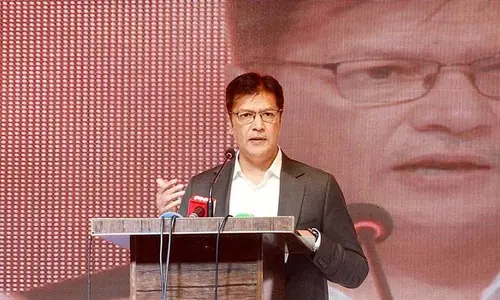Federation of Pakistan Chambers of Commerce and Industry (FPCCI) leader S. M. Tanveer has urged policymakers and stakeholders to adopt the FPCCI’s “District Economy” model to promote a more decentralised and inclusive economic framework across the country.
Speaking on Wednesday, Tanveer said the initiative aims to devolve economic decision-making to the district level, empowering local communities and unlocking untapped regional potential.
“By doing so, we can unlock the true potential of our nation and build a more prosperous and equitable society for all citizens,” he said.
Explaining the concept, the FPCCI leader noted that Pakistan’s economy has long suffered from centralised decision-making, which has “stifled local innovation, hindered entrepreneurship, and widened regional disparities.”
The District Economy model, he said, would empower local governments to take charge of their economic priorities and facilitate business-friendly environments at the grassroots level.
Drawing a comparison with global trends, Tanveer highlighted the widening gap between Pakistan’s GDP, roughly $411 billion, and the personal wealth of leading global entrepreneurs.
“Elon Musk’s projected net worth stands at about $500 billion in 2025, which clearly shows how far we are lagging due to over-centralisation of powers and resources,” he remarked.
Tanveer said devolving powers and resources to the district level could help generate employment, stimulate entrepreneurship, improve fiscal management, and reduce economic disparities among regions.
“The District Economy concept is a game-changer for Pakistan,” he stressed, adding that it would encourage innovation, increase tax revenues, and contribute to balanced and sustainable growth.


